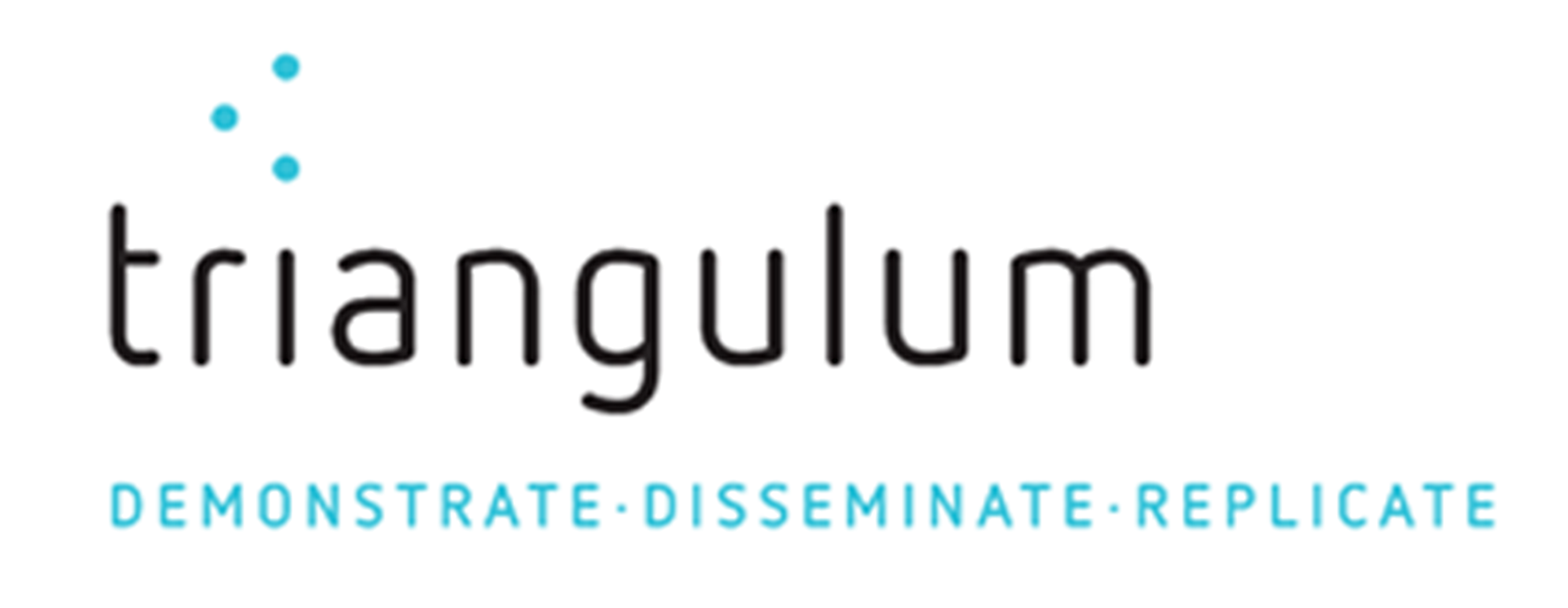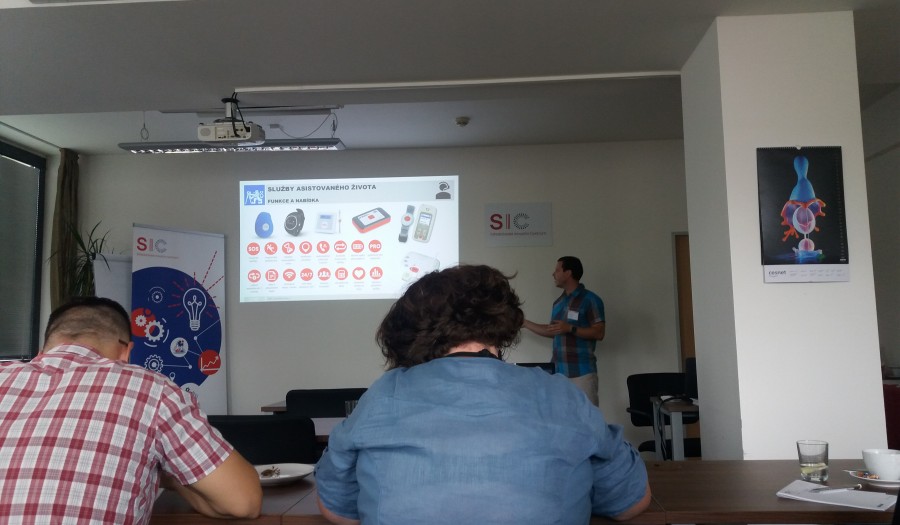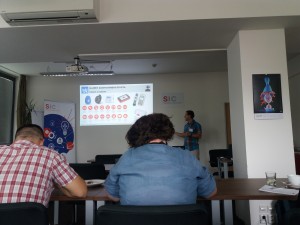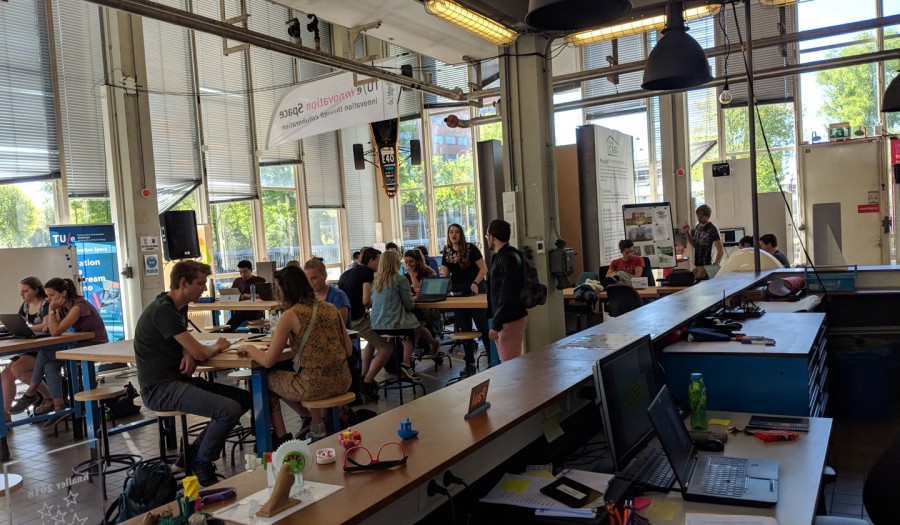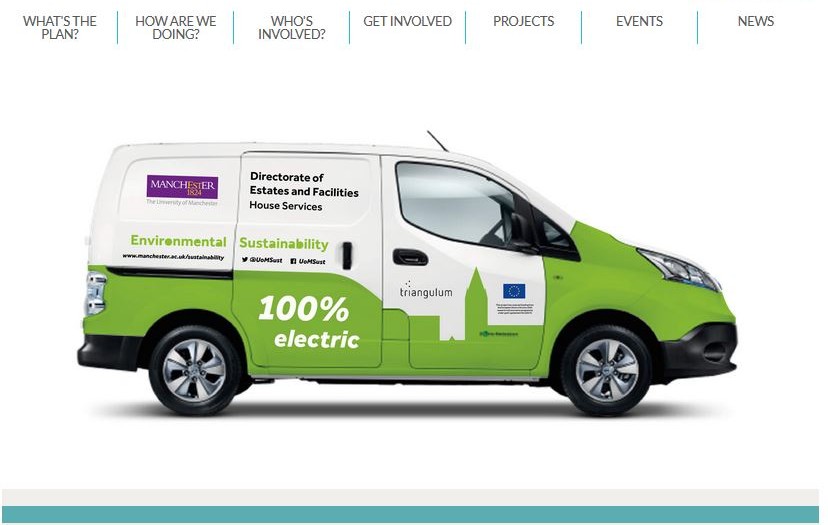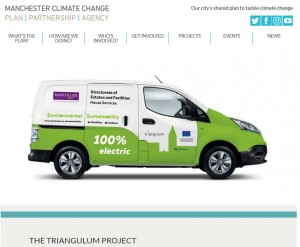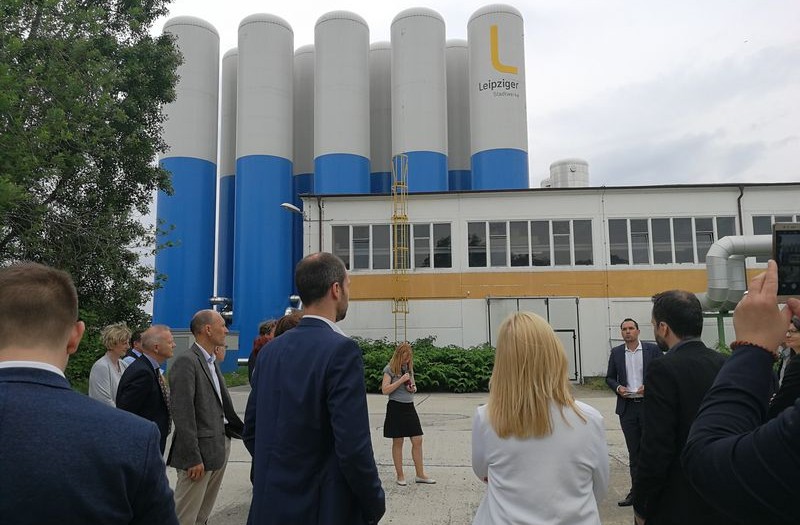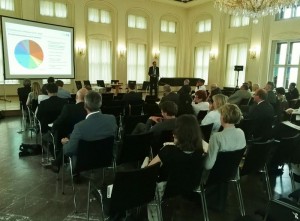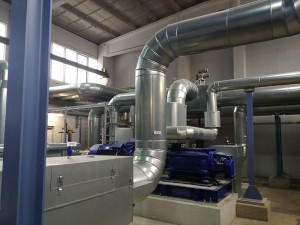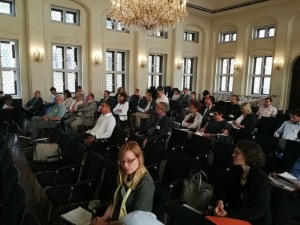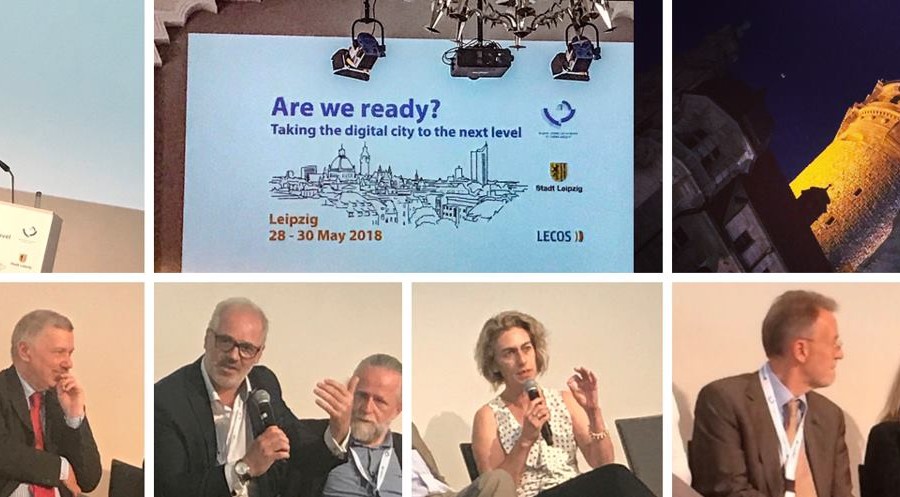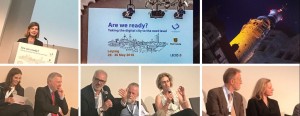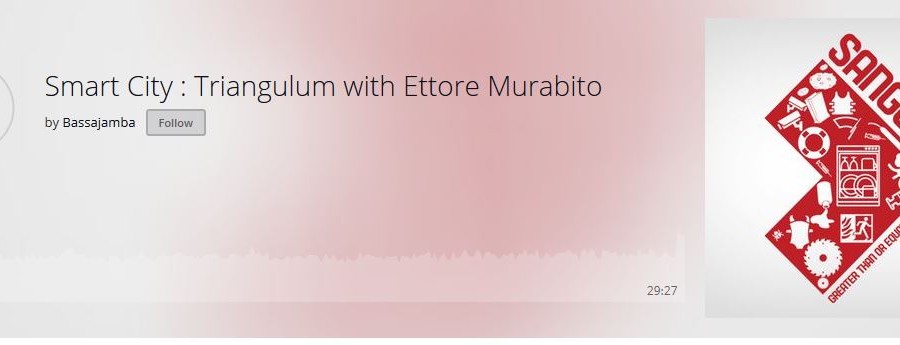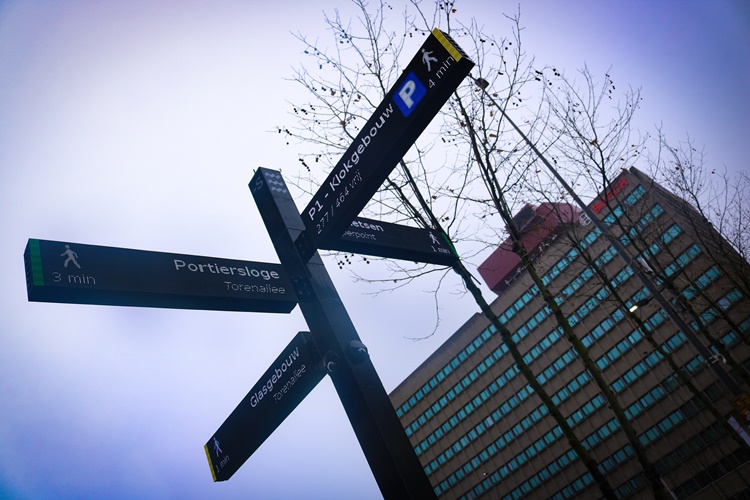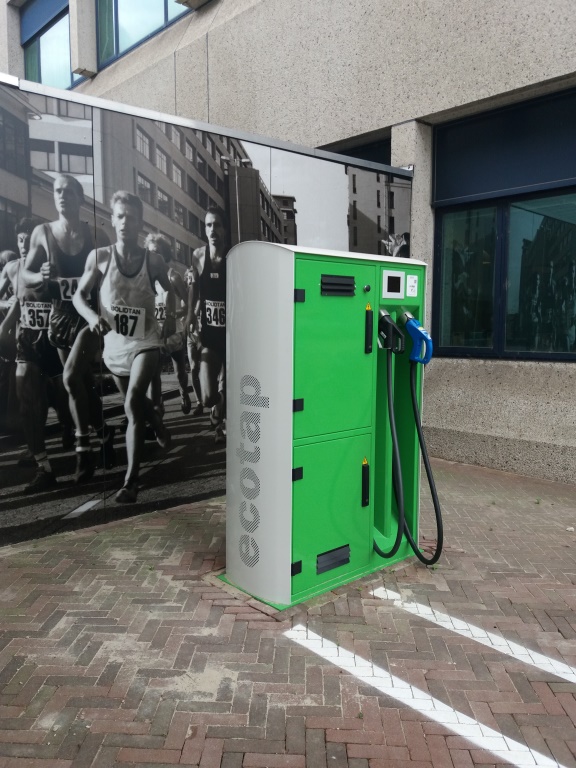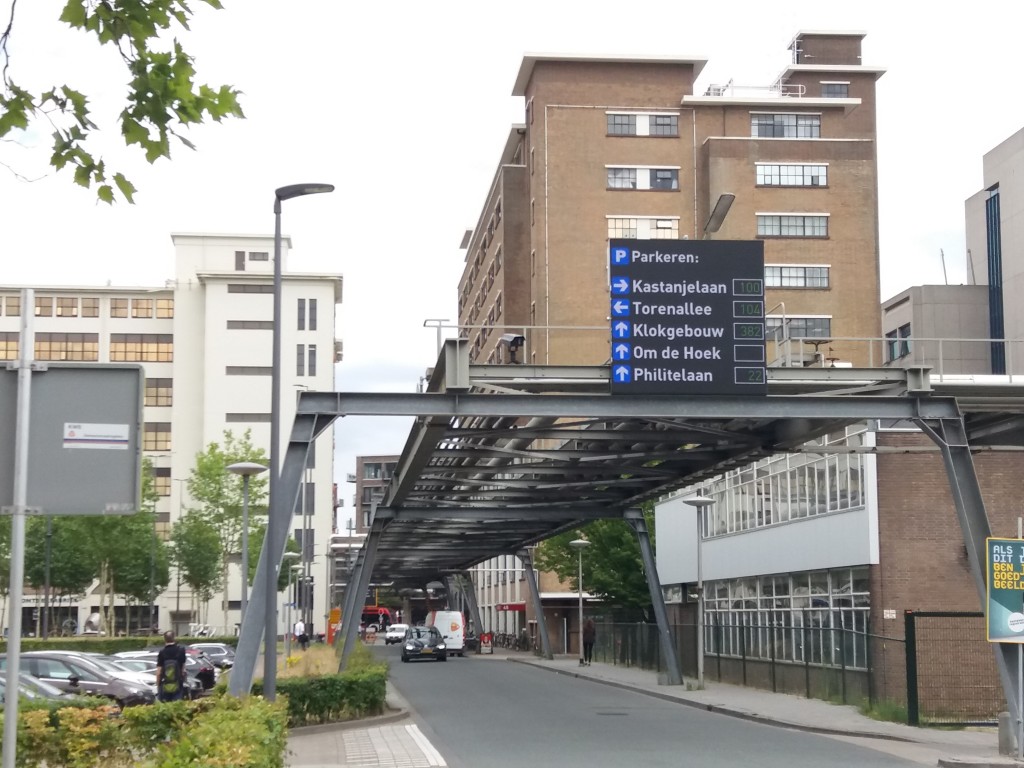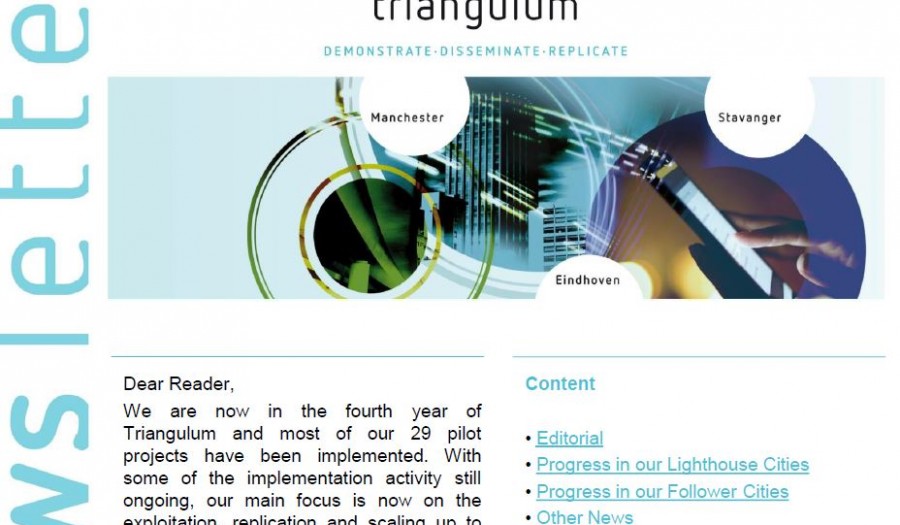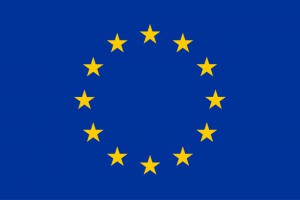The City Council of Prague 7, together with the mayor Mr Cizinsky, has analyzed the feasibility study conducted within Triangulum and its proposed measures. On 15 June, the City Council of Prague 7 officially approved the feasibility study of the Smart Home Care pilot project.
The City Council appointed Mrs. Marcela Janečková to coordinate activities that would lead to the prioritisation and implementation of the proposed measures in the near future. The councilor of the social area, Jakob Hurrle, has been appointed to oversee the involvement of the municipal organisation of Prague 7 and the implementation of the proposed measures.
Members of IPR Prague, representatives of Prague 7 and representatives from the Czech technical university will participate in a training organised by LYSE and Stavanger and they will attend Nordic Edge conference. The aim is to pilot a project testing LYSE’s BLINK video communication tool in the context of the District of Prague 7.
